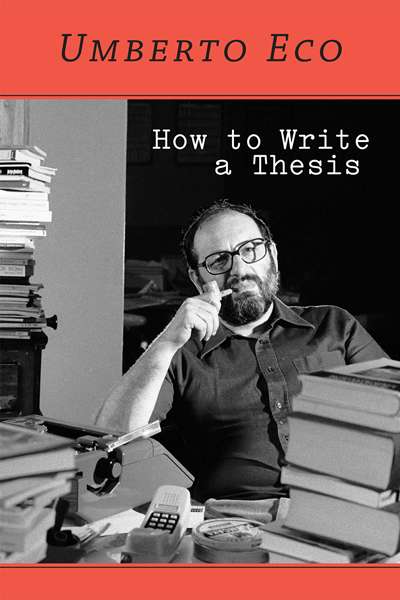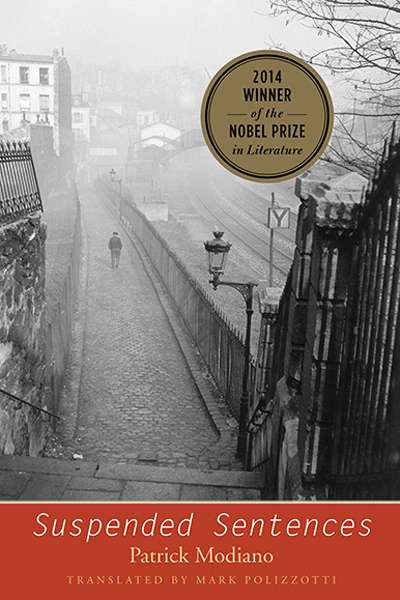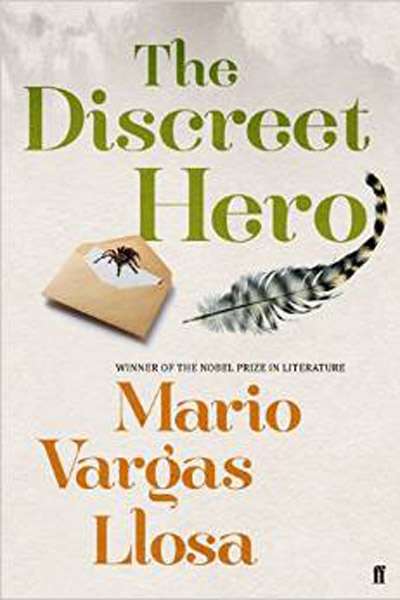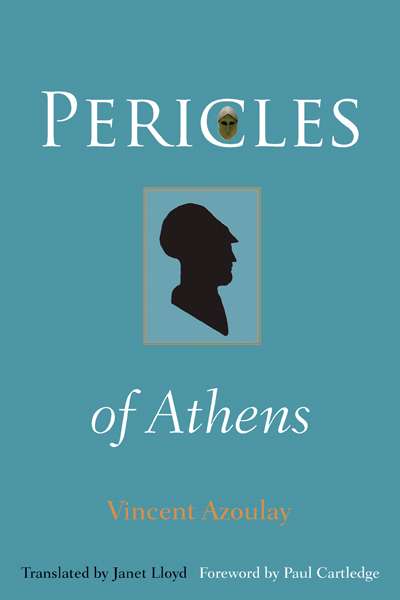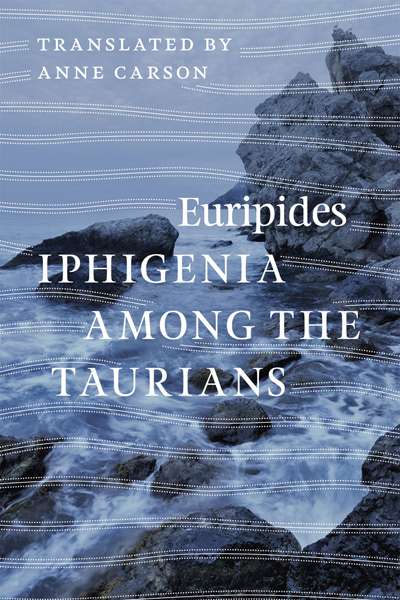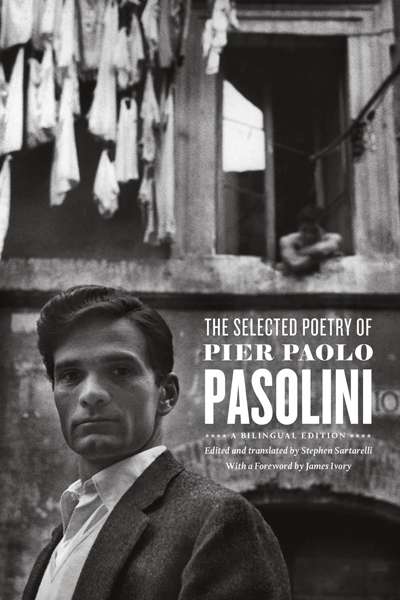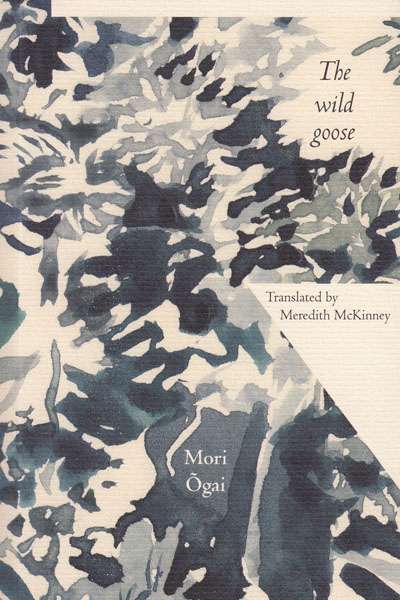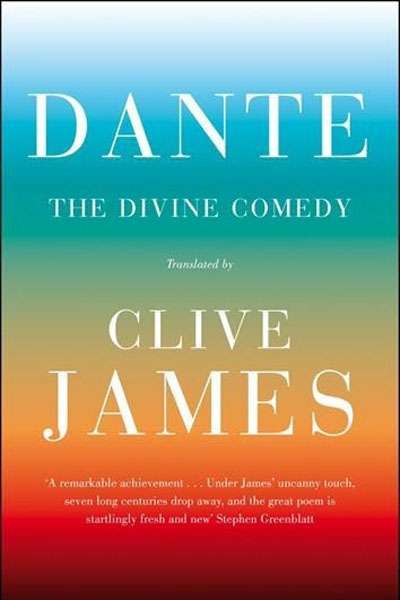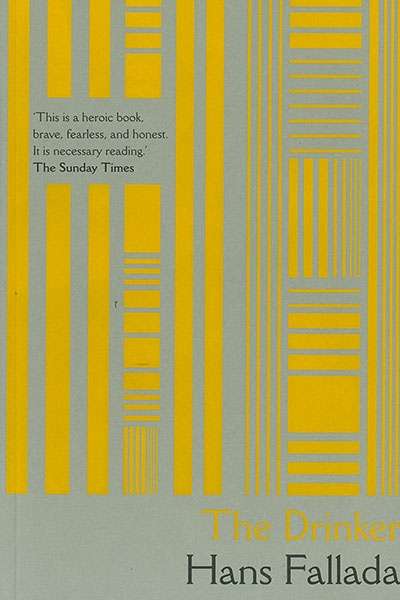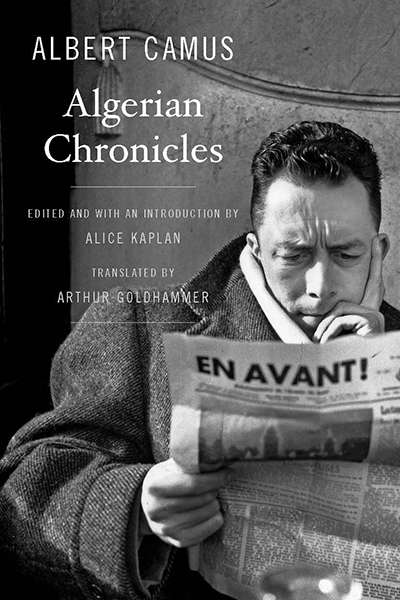Translations
How to Write a Thesis by Umberto Eco, translated by Caterina Mongiat Farina and Geoff Farina
In 1977, before personal computers and the Internet, Umberto Eco published How to Write a Thesis. It has remained in print ever since, but only now is it available in English. The book hasn’t been updated and makes no concessions to technological change. Space is devoted to card indexes and manual typewrit ...
Suspended Sentences: Three novellas by Patrick Modiano translated by Mark Polizzotti
Outside academia, Patrick Modiano was virtually unknown in the English-speaking world before the announcement of his Nobel Prize in October 2014. Since then, no fewer than seven different US publishers have joined the race to brin ...
The Discreet Hero by Mario Vargas Llosa translated by Edith Grossman
Mario Vargas Llosa is one of the marvels of contemporary fiction. The Peruvian Nobel Prize winner not only bestrides it like a colossus, he is also a law unto himself. It is as if he takes the legacy of a realism that is only in his hands magical (because of the enchantment he creates from it) as a kind of blank cheque with which he can license any expense of narrat ...
Father of democracy or nepotic would-be tyrant, corrupting the citizens with flattery and handouts? Brilliant orator, fearlessly committed to the truth, or dangerous sophist saying whatever the mob wanted to hear? Effective administrator of a complex and benevolent empire or cruel curtailer of the allies’ liberties? A model of sobriety and chastity or a lecherous ...
Iphigenia among the Taurians by Euripides (translated by Anne Carson)
Creativity is always an exercise in recycling. Vision comes from revision. In the ancient world, such wisdom was institutionalised; the task of the poet was to powerfully exploit a cultural storehouse of existing plots. Thus the early Greek playwrights reworked the same complex of myths. However, stories are inexhaustible, something that Scheherazade, in another anc ...
The Selected Poetry of Pier Paolo Pasolini: A Bilingual Edition by edited and translated by Stephen Sartarelli
‘The singularity and importance of [Pier Paolo Pasolini’s] artistry lies largely in the protean, multimedial quality of his vision,’ Stephen Sartarelli rightly reminds us in this bilingual edition of Pasolini’s poetry. Nonetheless, to an Anglophone world Pasolini (1922–75) is best known as the rebellious and audacious director of such films as The Gospe ...
The Wild Goose by Mori Õgai, translated by Meredith McKinney
Elegantly evoking Japan with cream paper and ink-painted foliage on the cover and inside pages, this slim paperback from the small Braidwood publisher Finlay Lloyd is headed by the single, bold character for ‘wild goose’ (karikarigane). The events recounted in Mori Õgai’s novella occur in Tokyo in the late nineteenth century, in the area north of Kanda around Ueno’s Shinobazu pond, near the residence of the Iwasaki family and the campus of Tokyo Imperial University. A map shows the regular walks taken by Okada, a medical student, along meticulously named streets and lanes, past temples and shrines, restaurants and bookshops, some of which are still there. According to the seasons, the residents in this small area silently change their screens, blinds, and shutters, able to look out while remaining barely visible.
... (read more)During a visit to Adelaide in 2013 as a keynote speaker at the Australasian Centre for Italian Studies ‘Re-imagining Italian Studies’ conference, Professor Martin McLaughlin (Agnelli-Serena Professor of Italian Studies and Fellow of Magdalen College) made the following observation about Clive James’s translation of The Divine Comedy
... (read more)The Drinker by Hans Fallada, translated by Charlotte Lloyd and A.L. Lloyd
The Drinker, by Hans Fallada – first published in Germany in 1950, translated by Charlotte and A.L. Lloyd into English in 1952, unearthed for an Anglophone audience in 2009 by Melville House, and now published by Scribe – is the story of Erwin Sommer, who drinks himself, almost unaccountably, to death. It counts for everything, of course, to know that the novel was written in 1944 in a Nazi insane asylum.
... (read more)Algerian Chronicles by Albert Camus (edited by Alice Kaplan and translated by Arthur Goldhammer)
On 13 May 1958 a French military junta seized power in Algiers. Choreographed by Jacques Soustelle, the French governor-general of Algeria, in a deliberate plan to bring down the French government, the putsch led to the return to power of Charles de Gaulle, the collapse of the Fourth Republic, and, after four more years of anguish and prolific bloodshed, the end of the colonial war that France had been fighting in Algeria since 1954. At the time of the coup, Albert Camus, who six months earlier had been awarded the Nobel Prize for literature, was about to publish the third volume of his political essays (Actuelles), under the title Chroniques algériennes, 1939–1958. The events made him hesitate, but, hoping to contribute to a future ‘in which France, wholeheartedly embracing its tradition of liberty, does justice to all the communities of Algeria without discrimination’, he determined to proceed with publication.
... (read more)

